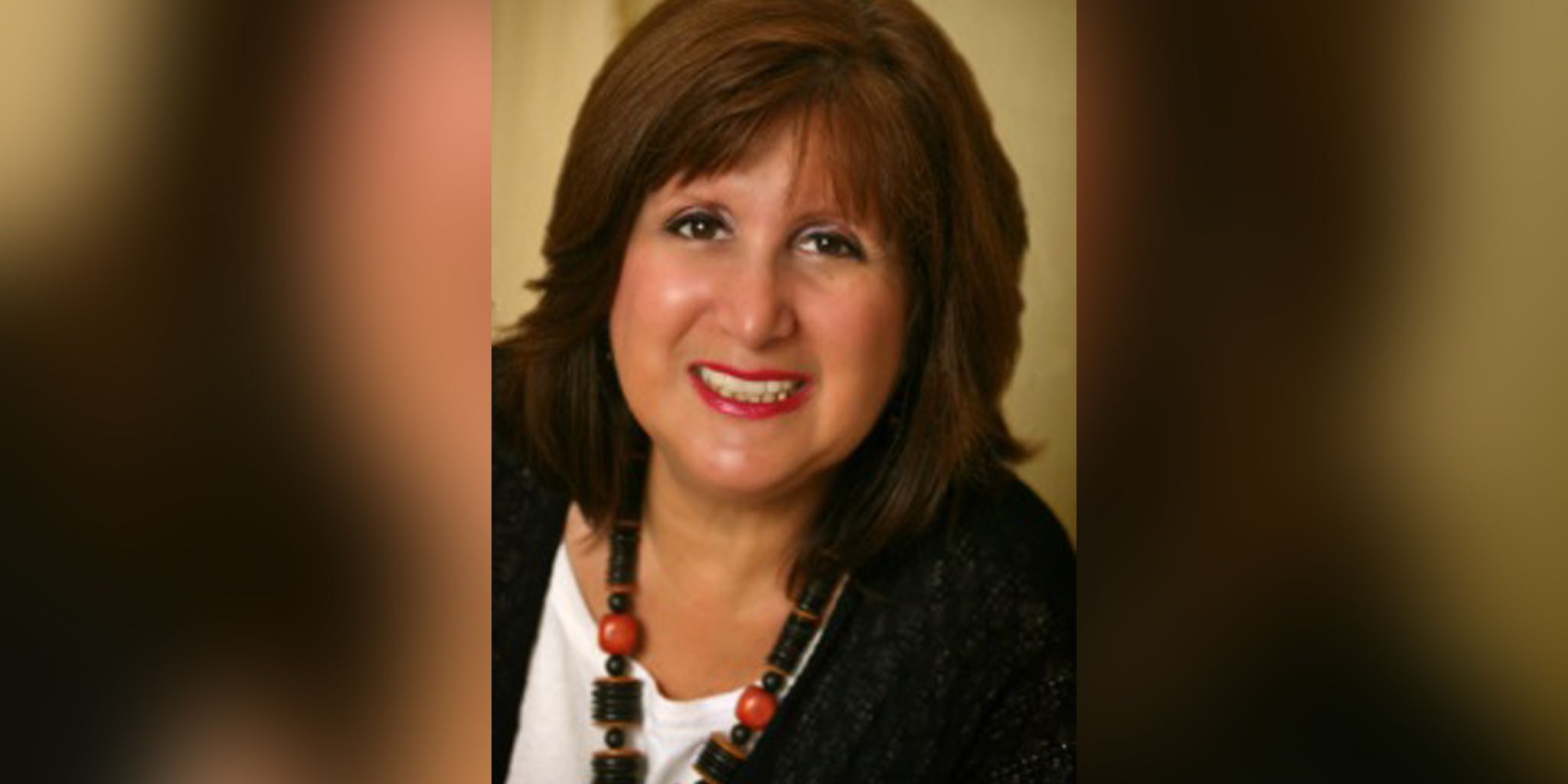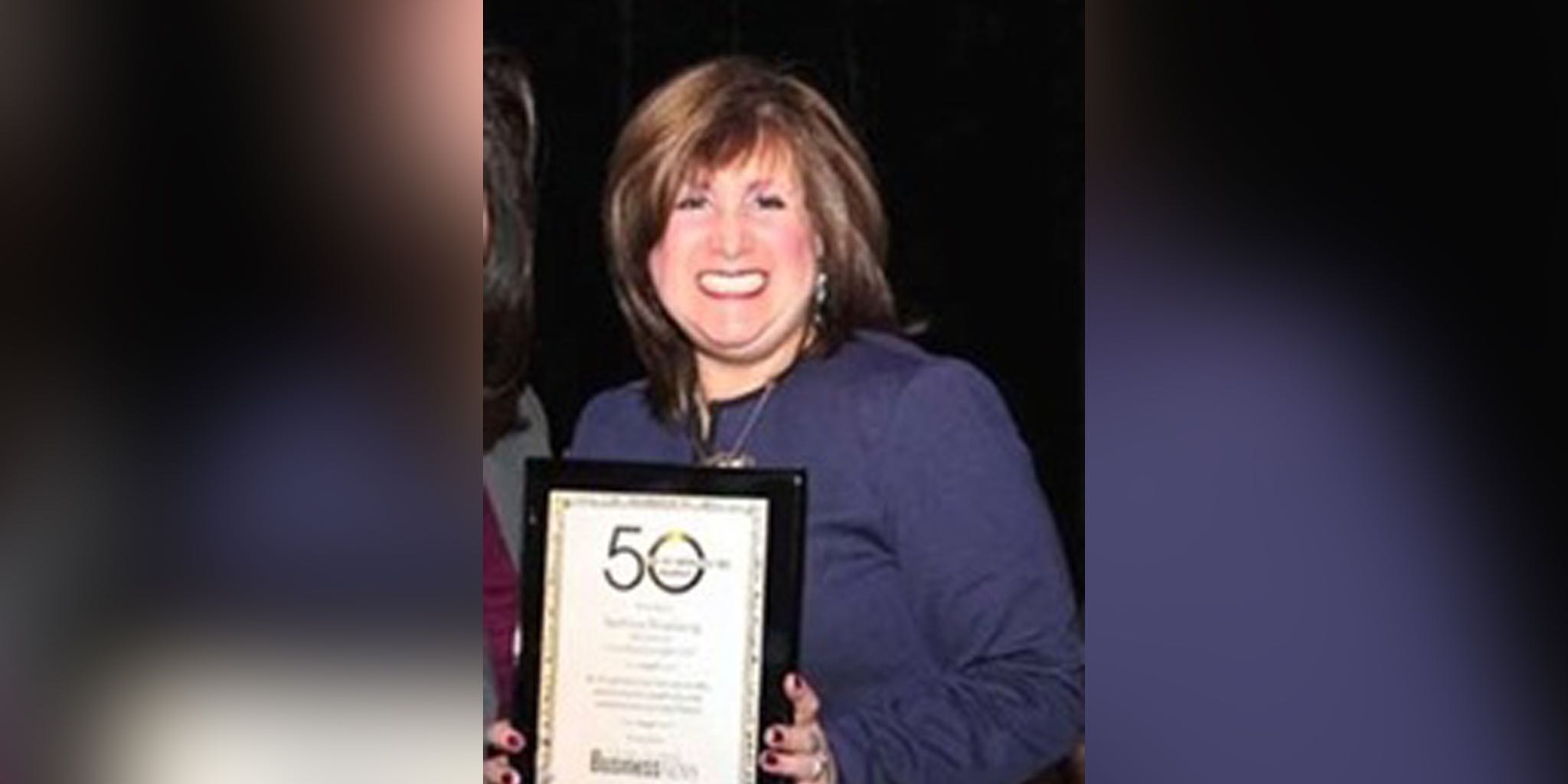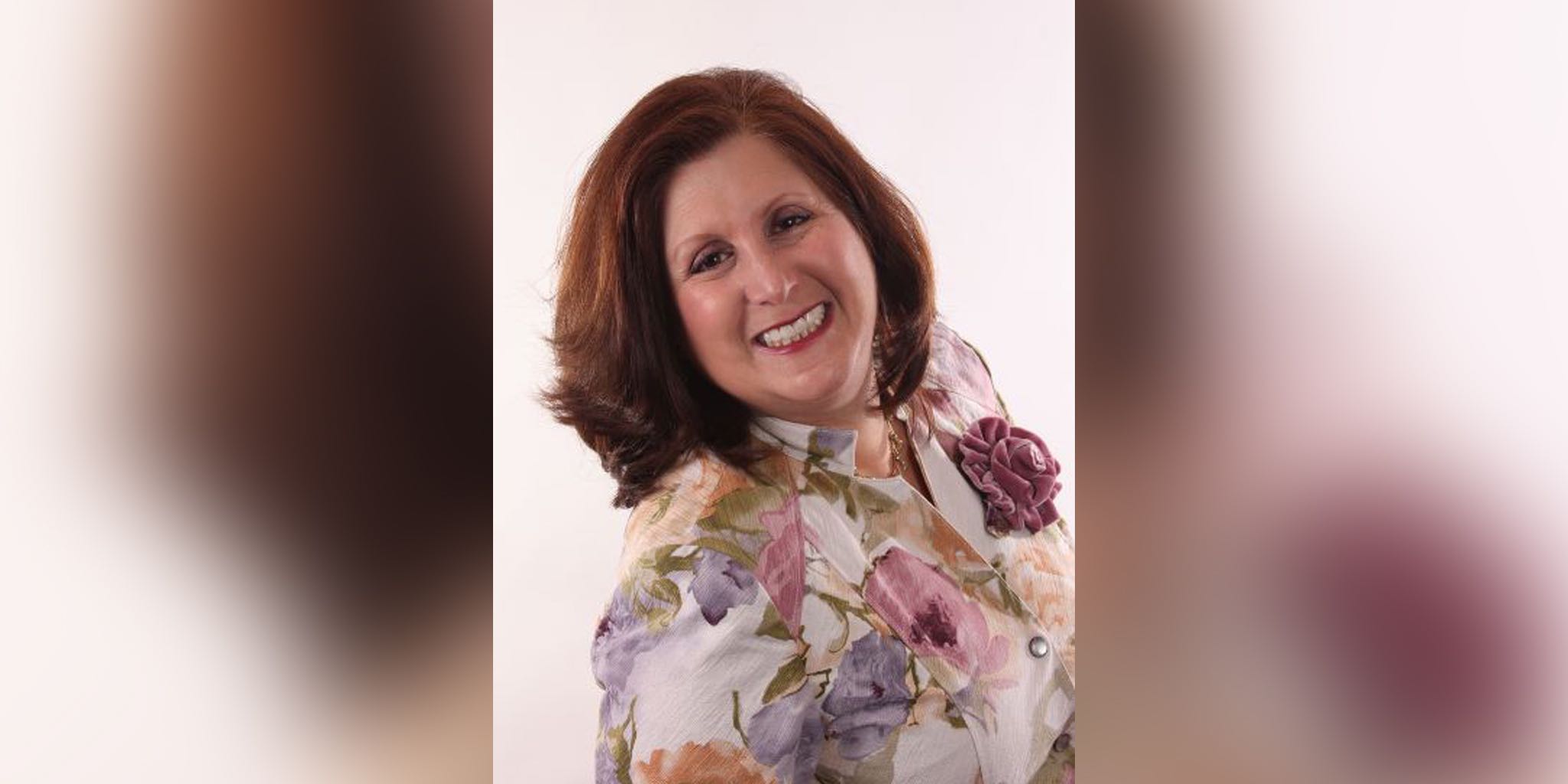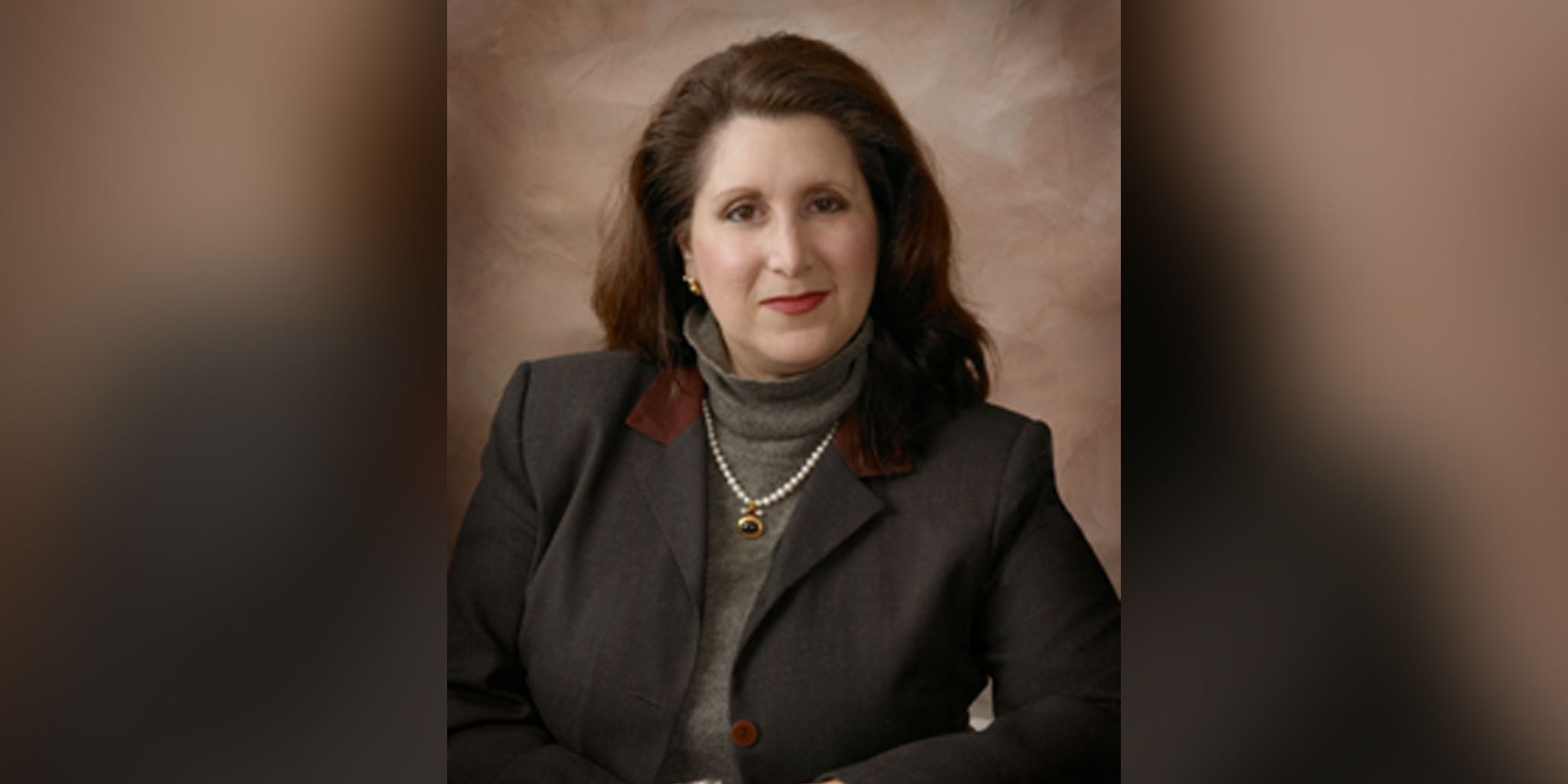Interview with Andrea Feinberg
Michael Sliwinski: Andrea, please, tell us a little bit about who you are, what you do and what you’re passionate about.
Andrea Feinberg: Well, that could take us into some dangerous waters, but I will tell you that I am a long time professionally trained coach. This is my second business, and I’m a coach because I failed in my first business that I went into after I left a really good time on Wall Street in New York.
Michael: You talk about failure in a very confident way. Where does this confidence come from?
Andrea: I went into a business using all my MBA education and lots of years of experience and asked what I felt were the right questions. It turned out, however, that I didn’t ask the most important questions, and so I had a miserable time in my first business. Fortunately I was able to sell it.
Michael: And then you started to look around for what you wanted to do next.
Andrea: Yes. And some people started to talk to me about coaching. After some exploration, I realized this was exactly the kind of work I would love to do. That was an important part of my selection process for me. I like to do work that I really enjoy doing. I’m fairly consultative in nature, I love talking about business and I’m especially drawn to small business owners partially because I’ve been one for 30 years. Also because these are individuals who are building a business purely for the opportunity it represents for them personally. And for the improved quality of life for their families and we hope for their customers, affiliates, strategic partners and employees as well. So that was my motivation. It remains my motivation. It’s exciting for me to see how ambitious and reflective people can be, and how they can really make a difference in the way they pursue happy abundant lives and how they try to provide that for those people whom they serve through their enterprise.
Michael: It’s always good to chat with someone who, like me, does what they love to do for a living. :) Can you tell what the most frequent problems are that your clients are dealing with and that you have to help them with?
Andrea: First off, my clients are typically small business owners who have been in business for some period of time. They have a track record, employees and what they think are procedures and a reputation and relationships. What they don’t have is the sense of personal independence or greater options to choose how they want to spend their time or access to more free time with their families and friends that they thought business ownership would deliver. So typically the problem that I’m asked to help them with is to figure out why things aren’t working. You know, we’re doing everything that we think is right, why am I feeling like a slave here at my desk, prematurely gray, old and tired?
Michael: I know what you mean. I run a successful business, thus should be working less. Instead I’m working more. It’s like a trap. How do you handle this?
Andrea: Well, I start with the biggest thing of all and that’s typically the attitudes, beliefs, expectations and habits of the business owner herself or himself. And that’s not generally where they expect me to look. They expect me to look at their employees, or their marketing plan or their budgets, or their hiring process, but that’s what a consultant would do. And typically I’m engaged to be a coach, and that’s a different kind of relationship and focus. So in order for this to be a successful engagement, I have to be working with someone who’s willing to make personal changes first. And not just start from the neck down but start from the head down.

Michael: So the goal is to find out what their priorities should be, as in do they want to have priorities and what are their priorities now, right?
Andrea: Yes, that’s a large part of it, and very often a business owner assumes our conversation of work is going to revolve entirely around their business and that doesn’t do it for me.
Michael: Right.
Andrea: I don’t think anybody grows up as a little kid and says, “Gee, I hope one day I can grow up and be a business owner.” I think people are more likely to think, “I want to have a great life. How can I achieve that?” There are many options in this world: we can be astronauts, musicians, politicians or attorneys… Some of us choose business ownership. And we start out with the belief that it’s going to deliver a great life and then we completely forget about that great life and focus entirely on the baby that we’re building which is the business. We let go of that great life and think entirely about the needs of the business. And in fact, by divorcing the personal from the professional, that’s where you tend to get a lot of psychiatry visits, aspirin and stomach upsets.
Michael: So that is usually your starting point in coaching?
Andrea: I start from a much bigger picture which is not “what is the business designed to achieve” but “why are you in this business and what is it designed to achieve for you personally”. That’s where I start. I always look at the business owner first. What was their motivation in this particular enterprise? What did they think it hoped to achieve for them? What are some of the support systems they have in place to make sure that happens and how often are they enjoying their life outside of their enterprise?
Michael: You know, recently, I’ve started doing more sports, and people keep asking how I find time for this. I tell them that, like work, it’s part of me. Apart from work I should have these additional hobbies that “make me.”
Andrea: Well, I don’t consider them additional hobbies, I consider them verifiable business expenses. For you it’s obviously sports, for some people it’s family time or vacations or spiritual pursuits or musical endeavors or charitable activity — all those things help to contribute to new perspectives, a refreshing of your personal batteries. The exposure to new ideas, new ways of seeing things, new potential solutions and opportunities. You bring that all back to your business and it really enhances the potential outcome that your business is likely to enjoy.
Michael: That’s one of the reasons it’s good to work with people who don’t think the same way you do.
Andrea: Exactly. That opens up your thinking to more solutions or paths or opportunities than your own mind would ever conceive. That’s what gives you greater opportunities from which to make an informed choice. I’m a big believer in vacations and laughter and good glasses of wine and getting away because I bring all that back to my desk when I do sit down to work again.

Michael: In this sense, you say being selfish is good.
Andrea: Yes, selfish is absolutely good. If I have a very clear idea of how I expect my business to contribute to my life and to the lives of my family or those constituents to whom I do feel a responsibility, then I’m going to ensure that I only develop products of real quality. Thus, customers will be treated well and will want to buy and buy again because they are critical to my ability to build that good business that is going to contribute to my better life. If I keep this idea in the front of my brain all the time, then I will only develop policies that will treat my customers, my employees, my vendors and strategic partners as equals, as friends, and as people who I also want to benefit because my success is in their hands.
Michael: It relates to what Michael Hyatt said about the oxygen problems on the airplane: you put on your mask first, and then you help others.
Andrea: Absolutely, because if you’re not in a position to breathe well, you’re diminishing your ability to help anybody else. If you take care of yourself first, you’re much more able to be completely productive, responsible, creative and lucid in all those situations where you would feel a natural responsibility to participate.
Michael: I couldn’t agree more. Now, please, satisfy my curiosity and tell me how you manage your time? Are there any special tools that you use? Any routines? Anything that you recommend?
Andrea: Well, for one thing I make it a habit of not being booked solid. There are some people who believe that unless you’re booked solid you’re not truly successful and an empty space on your calendar is a sign of impending doom. I personally don’t believe that because I know every day something is going to occur that either requires my engagement unexpectedly or it may represent, after some assessment, a real opportunity I want to pursue and if I don’t have time available, I’m simply going to compromise those other things that I’ve already identified as true priorities. So I make it a point of never to be more than 65% scheduled throughout the course of a day or a week. My ability to do that means that I allow myself to depend upon the talents of other people to whom I have delegated tasks.
Michael: I find it hard to resign from micromanaging although I am getting better and better in delegating tasks and letting go of some of my responsibilities.
Andrea: Business owners have a very hard time delegating tasks because they don’t trust other people or they feel it’s their baby and nobody else will care. They also do it because they don’t know how to justify their existence if they’re not engaged in 100% control of every process of producing their product or generating income every day. I believe that there are plenty of professionals who can assist me in doing the work that has to get done and it doesn’t get done by me. That is why my ability to delegate is one of the primary features that allows me to have that available time.
Michael: That’s a really important thing to learn. What are your other time management tricks?
Andrea: I don’t book appointments on Mondays and Fridays. That’s idea and business development time for me. So I do a lot of writing on Mondays and Fridays and it just becomes a natural time of the week for me to engage that. I explore potential business ideas. I think about what I want to achieve in the coming year. I take a look back at what I’ve done over the last week, month or year and how it’s going to inform my thought process going forward. I also do not work on Saturdays and Sundays at all. I like to not work at all, I like to spend time with my family and as you may be able to tell, I work at home. So it’s important for me to be able to distinguish this particular room in my home as my business place. I don’t go up there on Saturday and Sunday.

Michael: Working from home doesn’t really help with keeping the work-life balance. I can say it from my own experience.
Andrea: I try to keep my home separate from my business so I don’t feel I’m constantly surrounded by pieces of my business staring at me saying please take care of me, attend to me. And this is something also very common for business owners who do work at home, and in the 21st century that’s become much more common than it ever was. So one of the ways that I maintain that balance to my ability to be productive myself personally is I keep all the materials and tools related to my business in my office environment and I don’t let it spill over into the rest of my home. That is a clear demarcation for me between what’s personal and what’s professional. It’s also fair to my husband who lives here too. This is his sanctuary as well. This room is my corporate headquarters so I’m able to maintain that distinction.
Michael: I’m exactly like you. I work from home and I have a big company logo on the wall which is my reminder that this room is a home of the Nozbe team and the rest of the house is not. My office is on the last floor of our apartment and I don’t climb up there on the weekends. If I do, my wife is like, “Where are you going?”
Andrea: Great! Another thing that I do that I think allows me to be really productive is I know how to say, “No, thank you so much for asking but no.” Sometimes people are so flattered by having been asked to either contribute or participate or help, that they don’t take that as compliment enough. They feel they must say “yes” to a request regardless of how it may impose itself on their obligations, their sense of priority. And so I’ve learned how to say “no” in the most gracious sort of way so that it doesn’t create anger or resentment. Otherwise, if I were to say “yes,” an hour later I would be personally resentful, and as a result I might be sabotaging the task for which I was asked to contribute my time or energy. So knowing my priorities allows me to know when to say “yes” and when to say “no,” and “no” comes out a lot more often.
Michael: Now, I wanted to talk about stress. People feel stressed because they think that time is their enemy. Apart from the tricks that you’ve already mentioned, how do you teach people to actually like time, to like the fact that time has some boundaries? How do you do that?
Andrea: I think a lot of that derives from an inability to clearly identify a priority from the shiny objects and the Internet. The Internet can be a great blessing or it can be a path down to hell because we are exposed to every idea known to human beings. Every tool that’s ever been created whether it’s nonsensical or earth shattering is available without even getting dressed and walking out of the door. It’s a remarkable opportunity and takes a tremendous amount of discipline. Not too many people are disciplined. So I feel that one of the most important things about being effectively productive is being able to fairly assess what a priority is for me and why.
Michael: What is your recipe for prioritizing?
Andrea: It’s worth it to start that thinking not at the level of business ownership, saying what a priority is for me within my business, but rather to go a step higher and say, “What is a priority for me within my life?” My concept of work-life balance is not “work is over here and life is over here,” but that it’s all intertwined. You don’t say, “I work 50% of the time and I live 50% of the time.” I rather give to those broad compartments their due so that I feel satisfied that they are getting my full attention and each day is making an improvement. So I think that understanding what is a priority and why is it a priority as well as attaching an emotional component to that is crucial. Ask yourself these questions: Why is it important that I pursue this? What will become available to me if I pursue it? Who will gain? What will happen if I don’t pursue this? What is the loss I will experience or what is a loss that somebody else will experience? And really, just really feel the impact of either achievement or abandonment of that priority. That makes it a lot easier to learn how to fairly assess other so-called opportunities that come along and decide if is this something that’s really going to advance what I’ve already determined.
Michael: Knowing your priorities gets you closer to taking actions, doesn’t it?
Andrea: Yes. And action is power. Knowing how you are subsequently going to follow-through on either a plan or a training opportunity or engaging a consultant to assist you and then just doing it is far more meaningful than just acquiring insight and knowledge and awareness. If you don’t act on it, it’s a great tragedy. So I would say those are some of the key considerations of what I try to help my clientele focus on instead of the day-to-day busy work or the sense of having to constantly move that some of them are infected with. I think the most important thing a business owner or anyone who wants to be productive has to learn is to start by sitting still quietly and thinking and then taking informed action. Too often we feel compelled to take action without acknowledging is this worth my time? Is this worth the choice to not do something else? We’re focused on action without thought and then we decide sometimes that a lot of thought and acquisition of information by itself is meaningful but we choose not to act on it. So there’s a marriage there of acquiring insight and then choosing which to act on and which to let go or delay, dump or delegate.
Michael: I think this is a perfect ending for our interview. This is exactly what our readers and viewers should take from this interview. Say “no,” and prioritize and think of your life as a whole.
Watch the video interview with Andrea:

